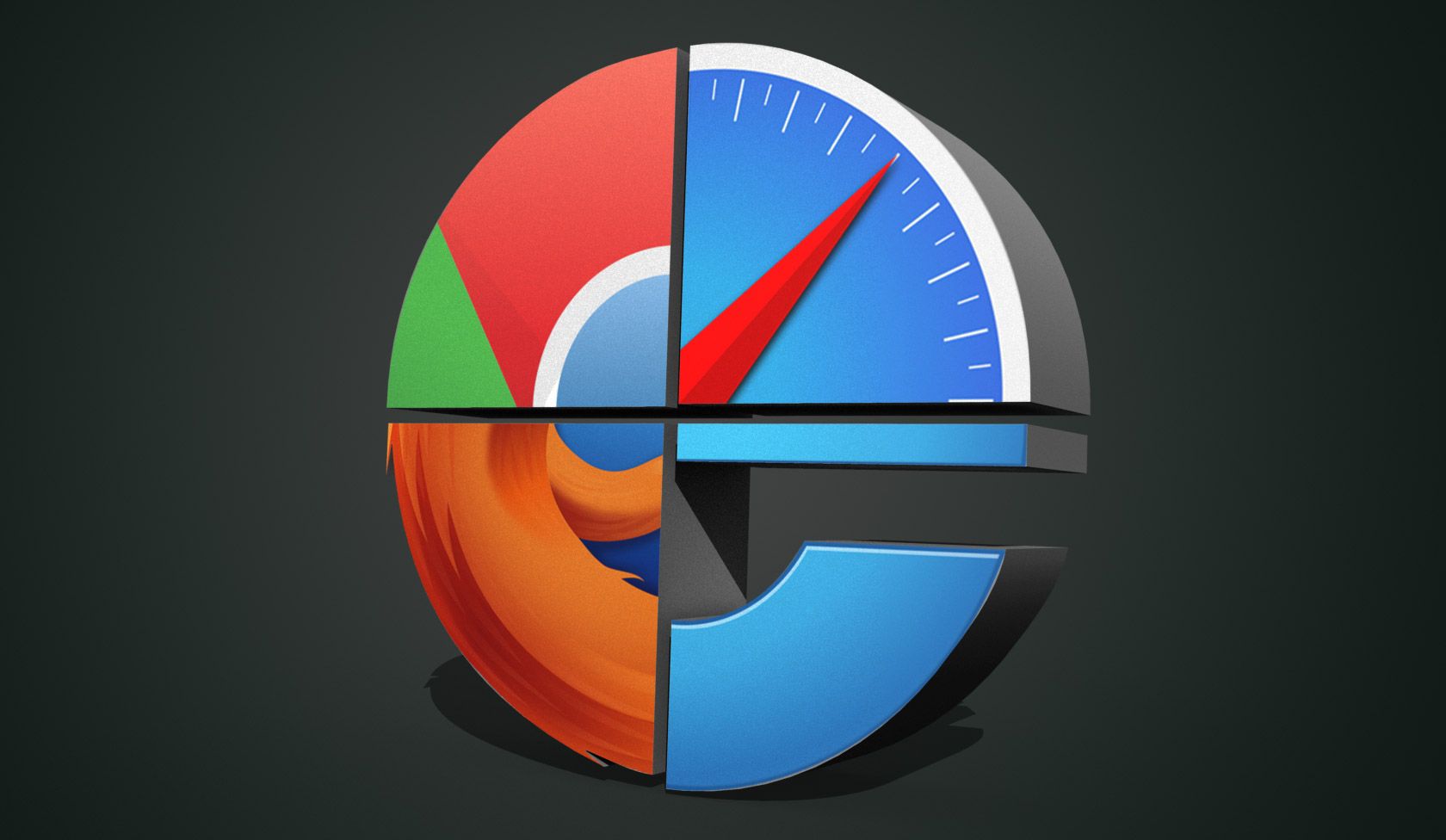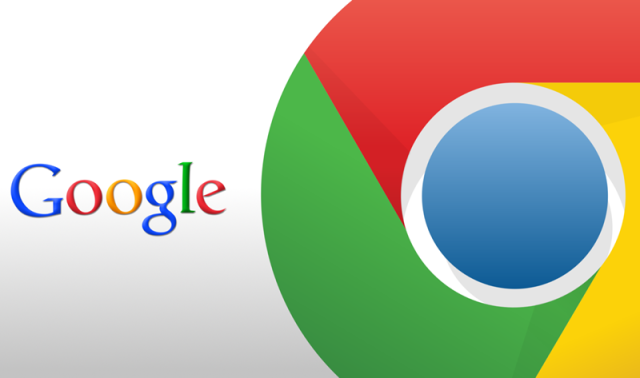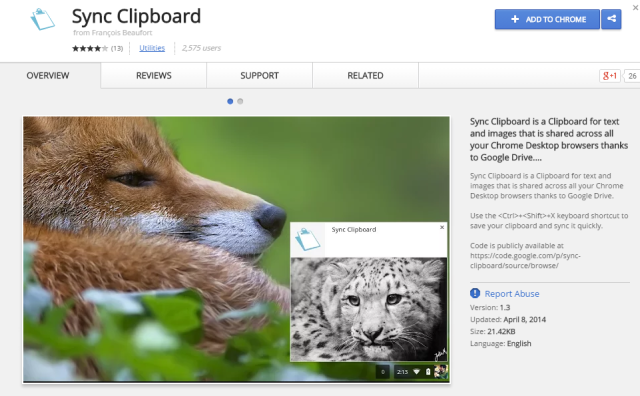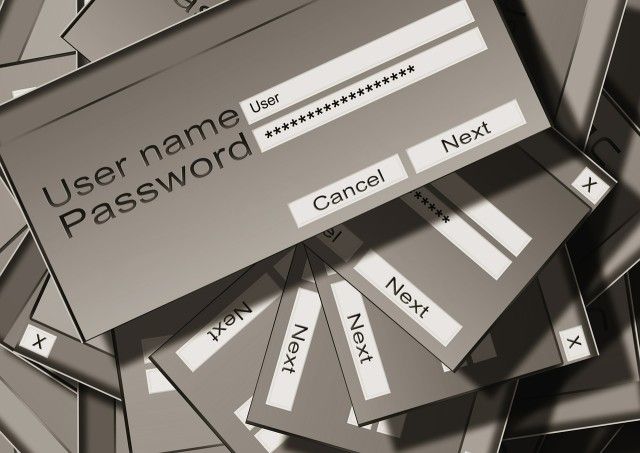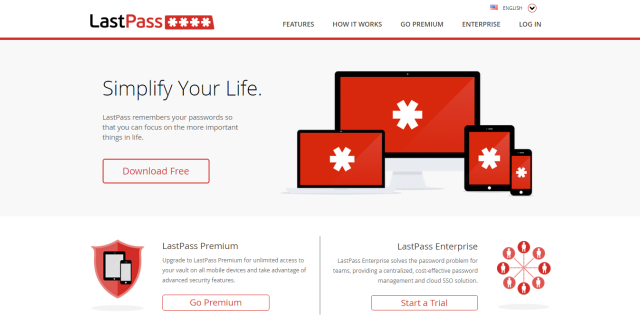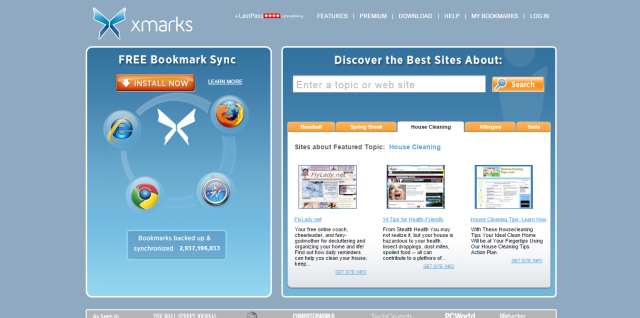In the early days of the Web, most people had just one desktop computer and no need to share data between other devices. Boy, how times have changed. In a typical day, you may find yourself using a desktop computer and switching over to a tablet before finally finishing up on a smartphone. How can we make this process more efficient, so that you can easily pick up where you left off after switching devices?
Google Chrome is great for this purpose, and we'll take a look at some of its features first — but if you're not a Chrome fan, fear not! We have some great tools for other browsers as well.
Cross-Platform Chrome Hacks
To live a life where you're not chained to any particular browser, you'll want to learn about Chrome sync hacks and also ways to habitually sync between the various browsers out there.
Chrome has a great syncing feature baked right into the browser. Just sign into your Google account on each device you run Chrome on, and your bookmarks, open tabs, browsing history, apps, autofill data, saved passwords, settings, and themes will be synced to the cloud — allowing for a truly seamless transition from device to device. It's all encrypted by default, and you can even choose to add a passphrase of your own for added security. Chrome's built-in sync is really good, and it has become an important part of my daily workflow.
With that said, one glaring hole in its syncing capability is the lack of a cross-platform clipboard. But that's very easy to fix this with the great Chrome extension Sync Clipboard, which allows you to copy something to your clipboard on one device and paste it on another — a huge asset for productivity (yay — no more emailing myself!).
If you're not already using Chrome as your primary browser, I highly recommend it — if only for its great built-in syncing features.
Cross-Platform Firefox Hacks
If you love using Firefox mini as well as your desktop, you'll want to use Firefox sync. It stores all of your data including your passwords and locks them behind one single master password — the only one you actually have to remember. You can then sync this data using Firefox Sync, so you can access them in Firefox for Android or on other computers. Firefox doesn't have an iOS app, though — so you'll need to take a different route if you have an iPhone or iPad.
Okay, now that I've praised the Google and Firefox gods, on to some cross-browser tools!
Pushbullet
Pushbullet is an amazing way to get information from one device to another. Pushbullet makes it incredibly easy to send pages or share your clipboard contents between your browsers on various devices. There are also a number of other uses for Pushbullet including sending text messages from your computer and keeping track of your favorite blogs.
Password Management
If you take nothing else from this article, get a password manager. It will save you countless collective hours that you would've otherwise spent typing passwords — not at all a productive activity. Beyond that, if you don't have to remember your passwords yourself, you're free to make them more secure and harder to guess.
My password manager of choice is LastPass. Like Firefox's password manager, it syncs your passwords (in encrypted form) to the cloud and protects them by a master password — but LastPass is cross-platform and cross-browser, available on just about every browser and OS you can think of. It can also generate secure passwords for you and let you know when you're using a weak or compromised one. LastPass is free to use on your desktop(s), and it's just $12 a year on your mobile device.
Other popular cloud-based password managers include 1Password and Dashlane.
Bookmark Syncing
If you need to have access to the same set of bookmarks regardless of what device or browser you're using, Xmarks — from the same folks who brought us LastPass — is a fantastic solution.
Available for Chrome, Safari, Internet Explorer, and Firefox, Xmarks syncs your bookmarks and open tabs between browsers and devices so you can easily pick up where you left off.
Eversync is another cross-browser bookmark manager, in case Xmarks doesn't tickle your fancy.
A Browser-Agnostic Life
Using tools like Xmarks and LastPass allows you to be less dependent on a single browser and transition seamlessly from one device to another.
It feels great to be able to open a page on my PC, walk away, and pick up right where I left off on my iPhone. Should I need to enter a password, LastPass has my back. All my bookmarks are in the cloud, so I always have them. This saves me a lot of stress and massively increases my productivity.
How do you sync between devices and browsers? Are there any other cross-browser tools we should know about? Share your thoughts in the comments below!

